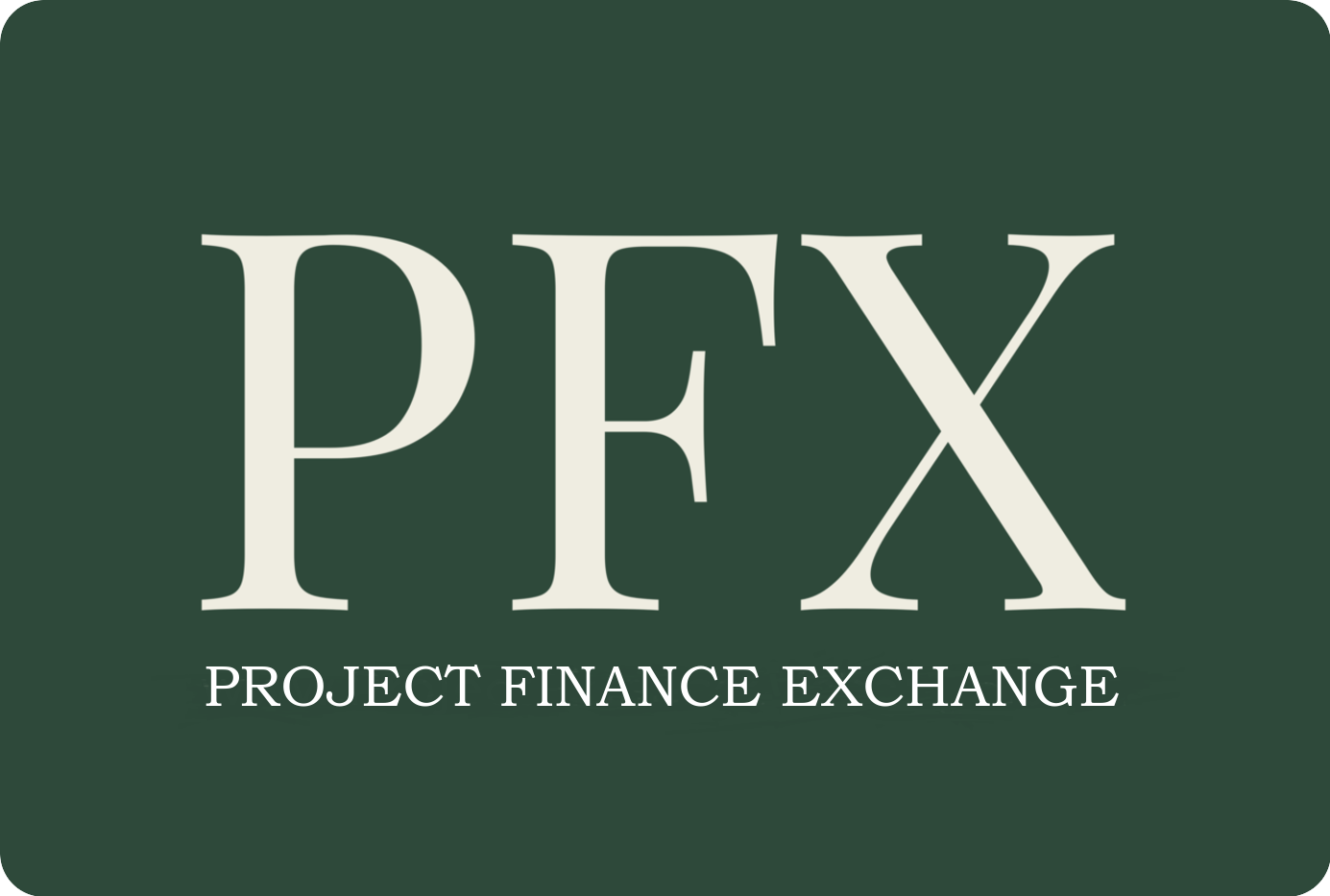This article, published in Private Debt Investor (PDI) in November 2021, is made available by PFX for those who do not subscribe to PDI.
The banner below will take you directly to the article in PDI.
For your convenience, you can also download a .pdf copy of this article.

FEE FRAUD: THE DARK SIDE OF PRIVATE DEBT
Project Finance Exchange (PFX) chairman David Rose asks if it’s time to self-regulate before someone does it on the industry’s behalf.
Over more than two decades private debt (usually with some equity) has become the default position for project financing worldwide. This is because only private capital can structure debt against revenues from a yet-to-be-built asset, which is the broad definition of ‘project’ finance, and from which regulations exclude mainstream banks.
Consequently, the multi-trillion-dollar global project finance market is dominated by private debt providers. Borrowers expect to pay due diligence, legal, survey and other fees as they progress towards closing, and this is the open door at which a growing army of ‘fee fraudsters’ is pushing. In the nine months since PFX opened, half a dozen fund manager applications have been declined as obvious fee frauds, without even the need for due diligence.
One, spotted by a PFX regional manager, involving a website expertly cloned from a highly reputable Middle East lender, took the willing cooperation of the project principals plus extensive research on social media in order expose it.
Another displayed sophistication that took fee fraud to an entirely new level. The project principals were on the verge of being conned out of almost a million dollars before it was intercepted. The process, terms sheet and other documentation were flawless. It involved the stolen identities of two blameless individuals, the hijacking of a totally innocent UK financial services company (which unknowingly became a bank guarantee issuer), and the cloned identity of one of the largest private capital funds on the planet. It happened to them, so it could happen to any of us.
But this is only the tip of the iceberg, which is as menacing to the private debt market as it was to the Titanic. Across the entire market there are fraudsters putting themselves forward as private debt lenders, most often cloning real funds, and taking project teams to the cleaners. It is particularly rife at the sub-$500 million level where projects are often led by small, often under-resourced teams or companies with little or no experience of this unregulated market or, critically, how to validate lenders.
What is most galling is that they will have spent hundreds of thousands of dollars of their own money on essential pre-financing costs such as acquiring or optioning land, securing permits, permissions, contracts etc, only to be relieved of all their remaining funds just as they were expecting to be celebrating a completed financing.
As a result renewable energy, hospitals and other much-needed projects across all sectors have been left broke, with project principals facing ruin, while the perpetrators party on. This is the dark side of private debt. The question is, do we really care? More specifically, do we care about the victims of these frauds, or the stain they leave on our reputation as a market?
Ours is an industry populated by well north of 125,000 private capital funds of all descriptions. Not all doing project finance or other forms of private debt, but enough. Sooner or later jurisdictions around the world will wake up to our market’s sheer weight of liquidity, the influence it brings and connect it to this growing issue of fraud. With their experience limited exclusively to protecting the consumer they will, nonetheless, feel empowered to impose futile regulations in total ignorance of private capital market dynamics. Would it not be better to get our self-regulating ducks in a row now, rather than wait for someone else to do it for us?
Recently the author had a conversation with Alexander Al Samahiji, advisor for energy efficiency to the president of the Sustainable Energy Authority in Bahrain. His role is to facilitate energy efficiency projects in Bahrain, a key part of which is ensuring that the funders that are brought forward with projects bring no risk of reputational damage with them.
He made it clear that he would welcome the kind of funder ‘validation’, from a credible industry body, that is being put forward in this article. His is not the only national authority that has this challenge, which can be directly linked to the need for a globally recognised body whose members have ‘approved lender’ status. Specifically, this would be doing through self-regulation for private debt providers and their corporate and government borrowers what regulators across jurisdictions worldwide do, through statute, for consumers.
While the focus here has been on fraud, there are many other structural ‘gaps’ in the global private capital market that such a body could fill. It will need the early-stage involvement of some ‘big-hitters’ prepared to spend money and offer resources to put the foundations in place. And then to build and develop from there.
PFX is facilitating ‘first mover’ registrations for what currently has the working title of ‘The Private Capital Institute’. Registration information will be shared only with co-registrants and, provided the appetite is evident, PFX will step back and hand over responsibility to the independent ‘founding committee’ that will, hopefully, emerge from this initiative.
+
For further information please see the PFX Media Backgrounder and view other PFX Op-Eds in our Articles zone.
+ENDS+


